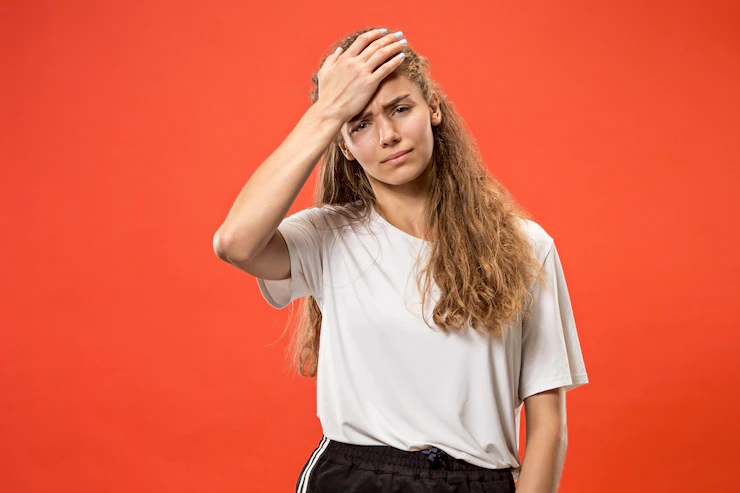If you are experiencing migraine episodes more than ever before you’re not alone. Change in the season is one of the many reasons for migraine triggered. The symptoms associated with migraine make it different from regular headaches. If other health conditions like nausea, sensitivity to lights or noise, or dizziness accompany your throbbing head, there are more chances of suffering from a migraine. To reduce the chances of encountering this unpleasant situation there are lifestyle changes you can make. Visit Specialty Care Clinics for better treatment of migraine.
Migraines are headaches that often result in severe throbbing or pulsing sensations, which mostly are localized to one side of the head but can cause pain anywhere from the neck to the top of the head. Migraines generally become progressively worse by the time before reaching a peak. Migraines can stay from 4 to 72 hours but can last months or even years, which is called chronic migraine.
Additionally, migraine sufferers can also experience nausea, diarrhoea or vomiting. Some migraines can even cause these symptoms without head pain, making them difficult to diagnose. They are known as acephalgic migraines, of which vestibular migraine is the most common.

COMMON MIGRAINE TRIGGERS INCLUDE :
- Hormonal triggers
Migraines typically show up their ugly side just before a woman’s period starts because this is when estrogen and progesterone levels are lowest. They can also start mid-cycle and be caused by hormonal birth control. Sometimes, birth control pills may make migraines better, but for many patients, it makes them worse. Menopause may not be a welcome change for many women, but the bright spot is that migraines are less common at this stage in life. - Environmental triggers
Most people associate turning seasons with allergies and sinus headaches, but changes in air pressure can trigger migraines. Weather-related triggers also include humidity and temperature changes, storms, or dusty or dry environments. - Caffeine caveat
Caffeine is a double-edged sword in case of migraines. Caffeine consumption or withdrawal can trigger migraine attacks. However, some people benefit from drinking caffeine to control symptoms. This is because caffeine is a vasoconstrictor, which helps relieve pain caused by increased blood pressure surrounding nerves. - Other triggers
The list of migraine triggers seems endless. Bright flickering lights, scorching sun, lack of sleep, loud noises, certain foods, alcohol, and stress all contribute to migraine headaches. A simple argument with your spouse or a bad day at work is also to blame. . Unfortunately, taking immediate steps to deal with the stressor (such as vacation) can also cause headaches. This is termed as “holiday headache.”
A migraine attack can be an unfortunate downside for those habitual to working from home. Employees who work from home naturally lose the steps and activities that accompany their commute, so they can be at their desks. Without an ergonomic chair or ideal desk layout, your posture can be adversely affected. This is called “slumped shoulder syndrome” and is caused by the weight of the head putting a strain on the neck.

HOW TO MANAGE MIGRAINES?
Migraines have to be carefully maintained, they prefer their host to be very boring. This means going to bed at the same time, getting enough sleep, eating healthy, avoiding processed foods, exercising regularly, and staying hydrated is important for keeping migraines at bay.
Some medications can help relieve pain if it is caused by events beyond the patient’s control, such as rainstorms or changes in humidity. Over-the-counter supplements such as magnesium, vitamin B2, CoQ10, and butterbur can lessen migraine pain. Ibuprofen and aspirin can also aid with mild migraines.
For patients that experience severe migraine symptoms like excessive vomiting, we recommend visiting Specialty Care Clinics for a proper diagnosis and treatment. At Specialty Care Clinics, we initiate treatment with various medication options.
